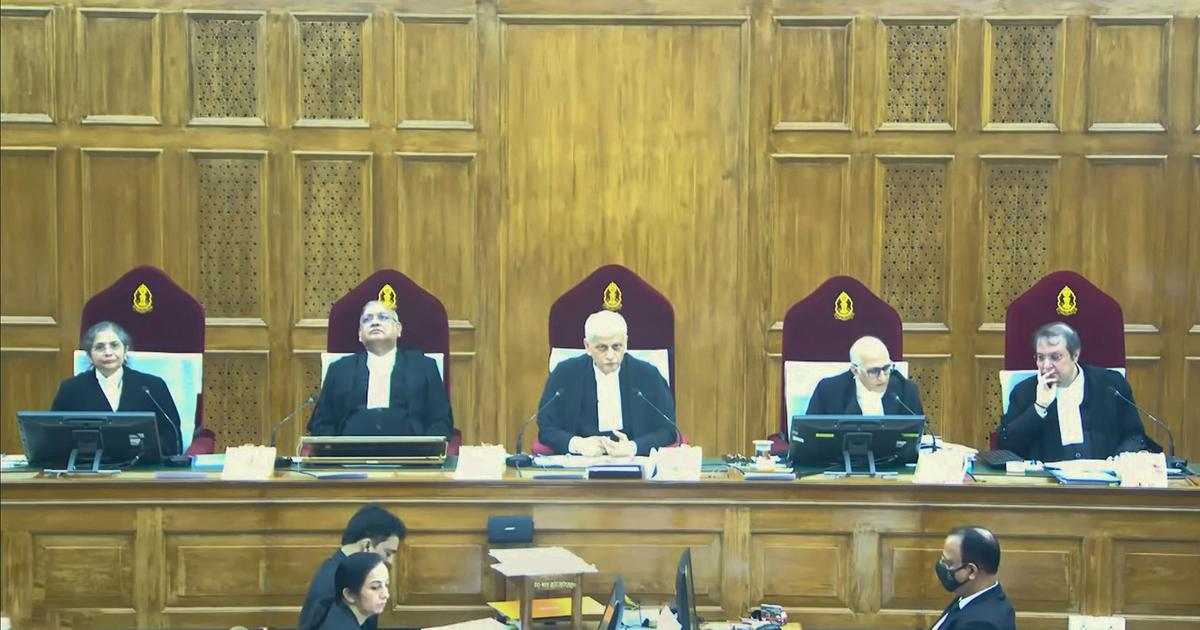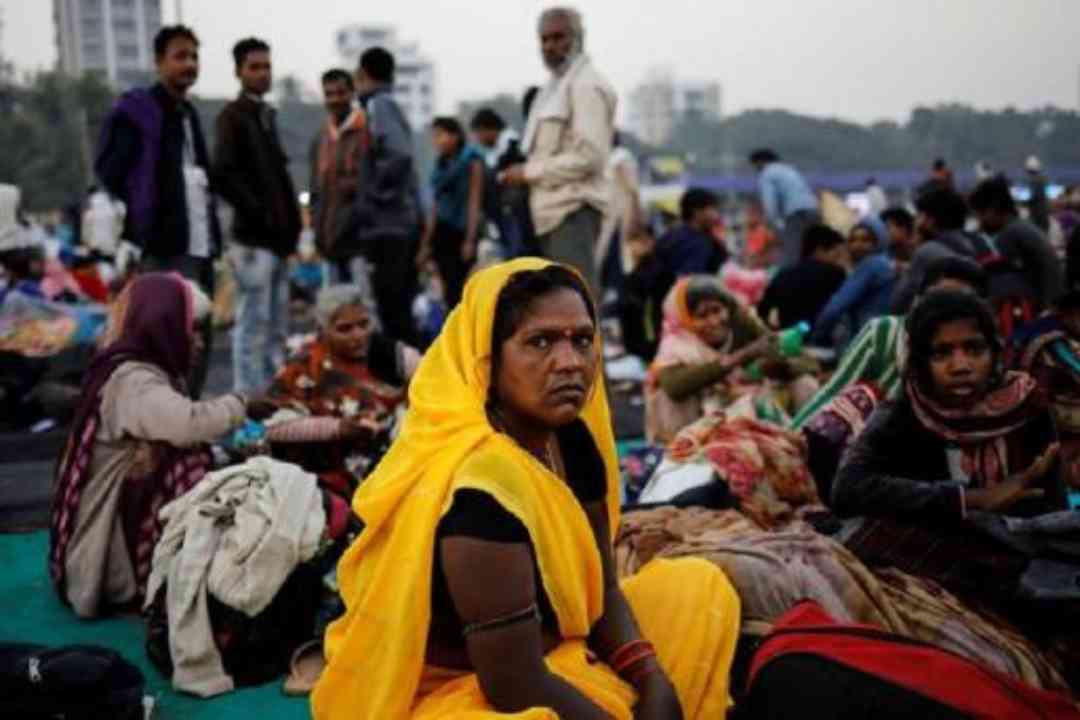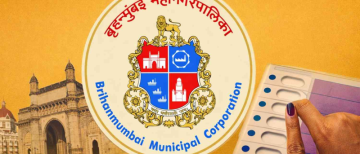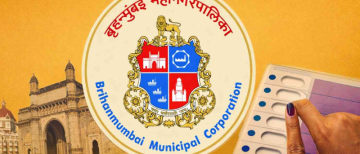The Supreme Court upheld the 10% quota of EWS (Economically Weaker Sections) at Monday's hearing. The Supreme Court Constitution Bench upheld the validity of the 103rd Constitutional Amendment which introduced a 10% reservation for Economically Weaker Sections (EWS) in education and public employment by a 3:2 majority.
What is the EWS quota?
EWS or economically weaker sections quota refers to the reservation of 10% in government jobs and colleges, the amendment was passed in January 2019 and through it articles 15(6) and 16(6) were put in place for reservations.
Who is part of the EWS quota?
Any person with a gross annual family income of less than Rs 8 lakh and it also does not include any families who own more than 5 acres of agricultural land or a house of over 1000 sq ft. It also excludes any families who have a plot of over 100 square yards in a notified municipality sector or over 200 square yards in a non-notified municipality sector.
And most importantly it only applies to a person who is part of the GENERAL CATEGORY.

What were the problems that arose?
After the bill was passed many people believed that it was a breach of basic constitutional rights and that it goes over the 50% reserved cap set by the Supreme Court itself.
What happened now?
On the 7th of November, the constitution sat a 5-judge bench and upheld the EWS quota by 3:2. They also said that the cap of 50% isn't inviolable and that affirmative action on an economic basis may go a long way in eradicating caste-based reservation. Now after the EWS quota the total reservation is 59.50% in central institutions.
Many people still argue that caste-based reservations should be removed. Justice Pardiwala, one of the judges who ruled in favour of the EWS quota said, “Reservation is not an end, it is a means. It should not be allowed to become a vested interest.”
© Vygr Media Private Limited 2022. All Rights Reserved.

























